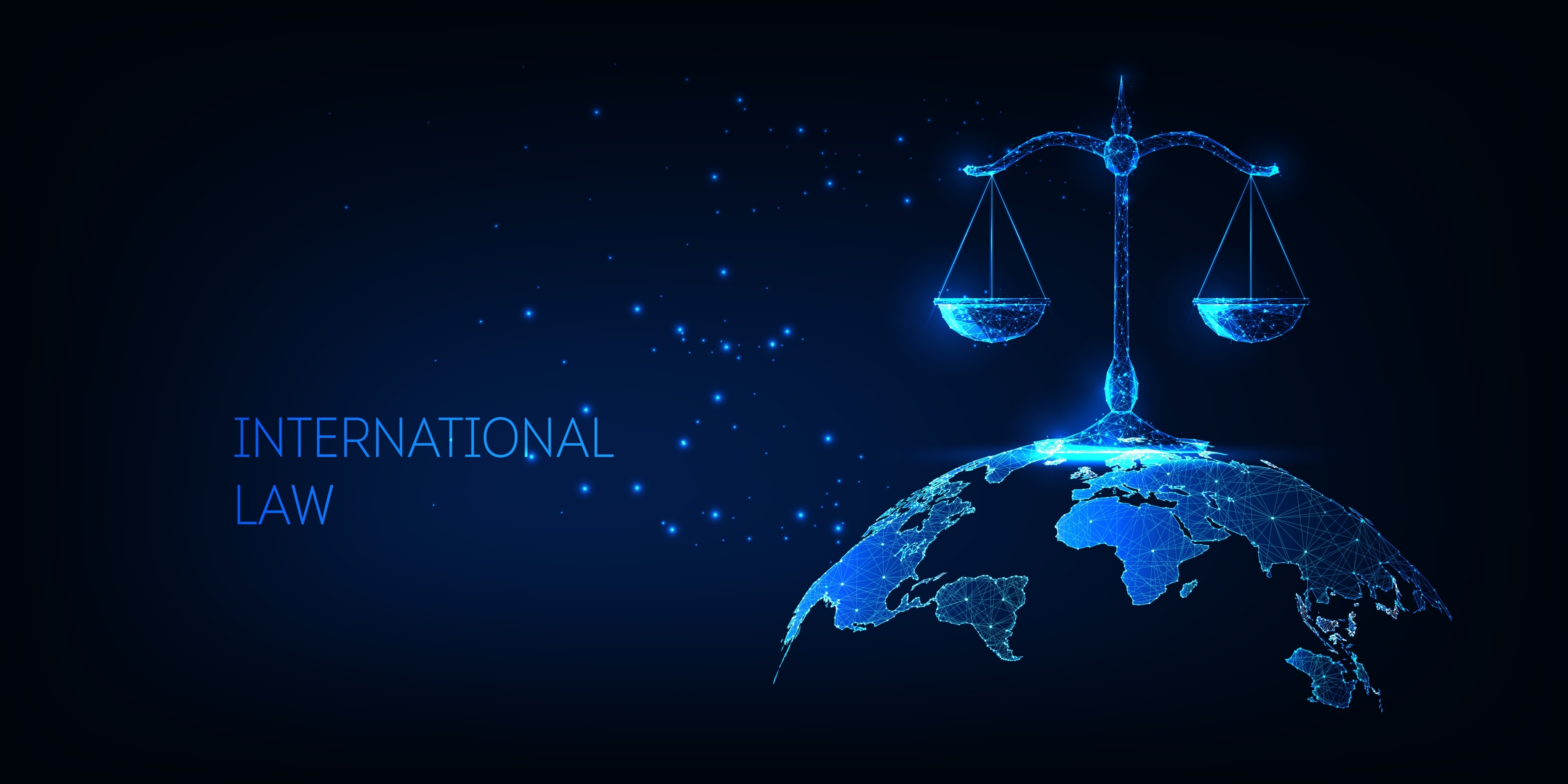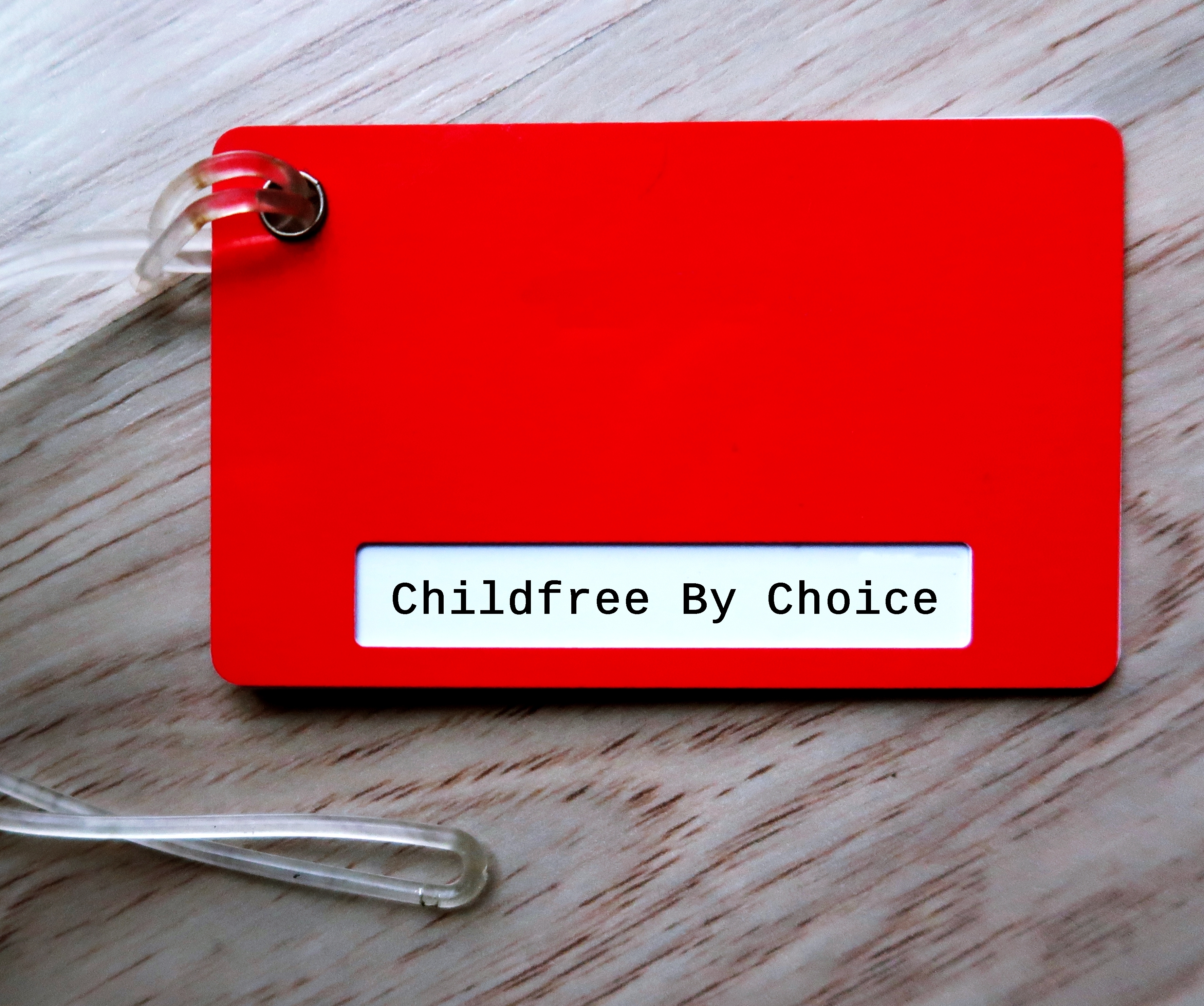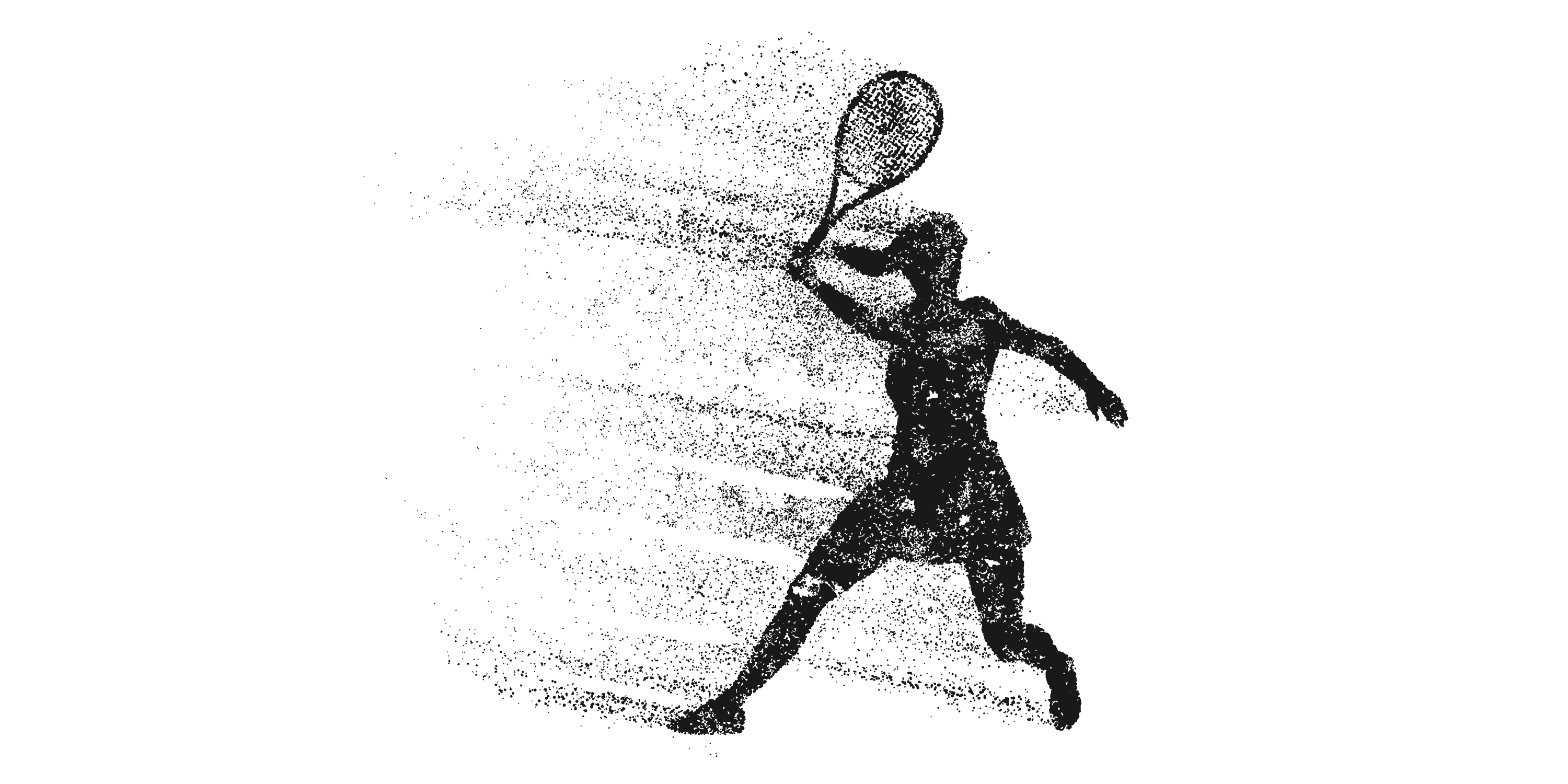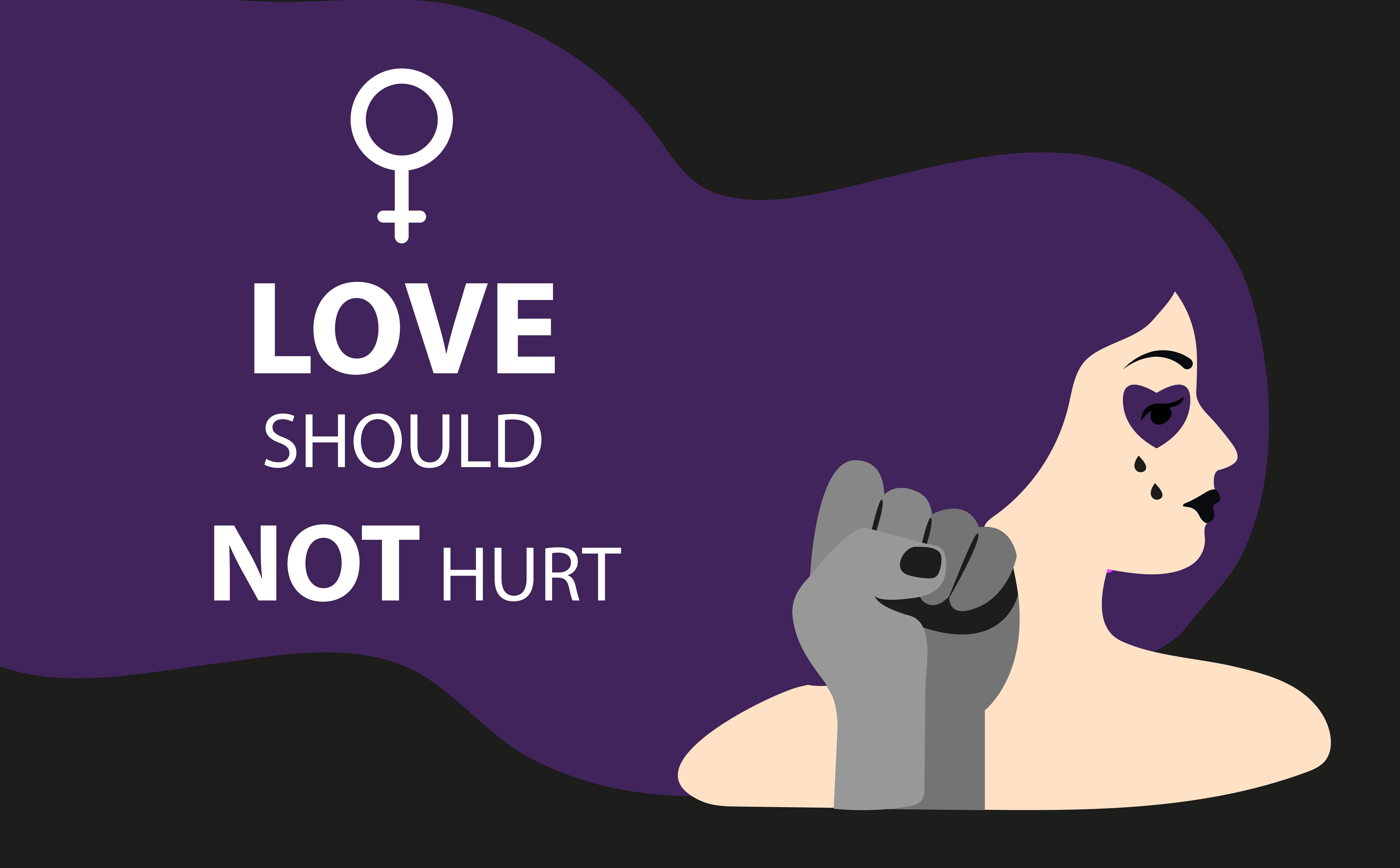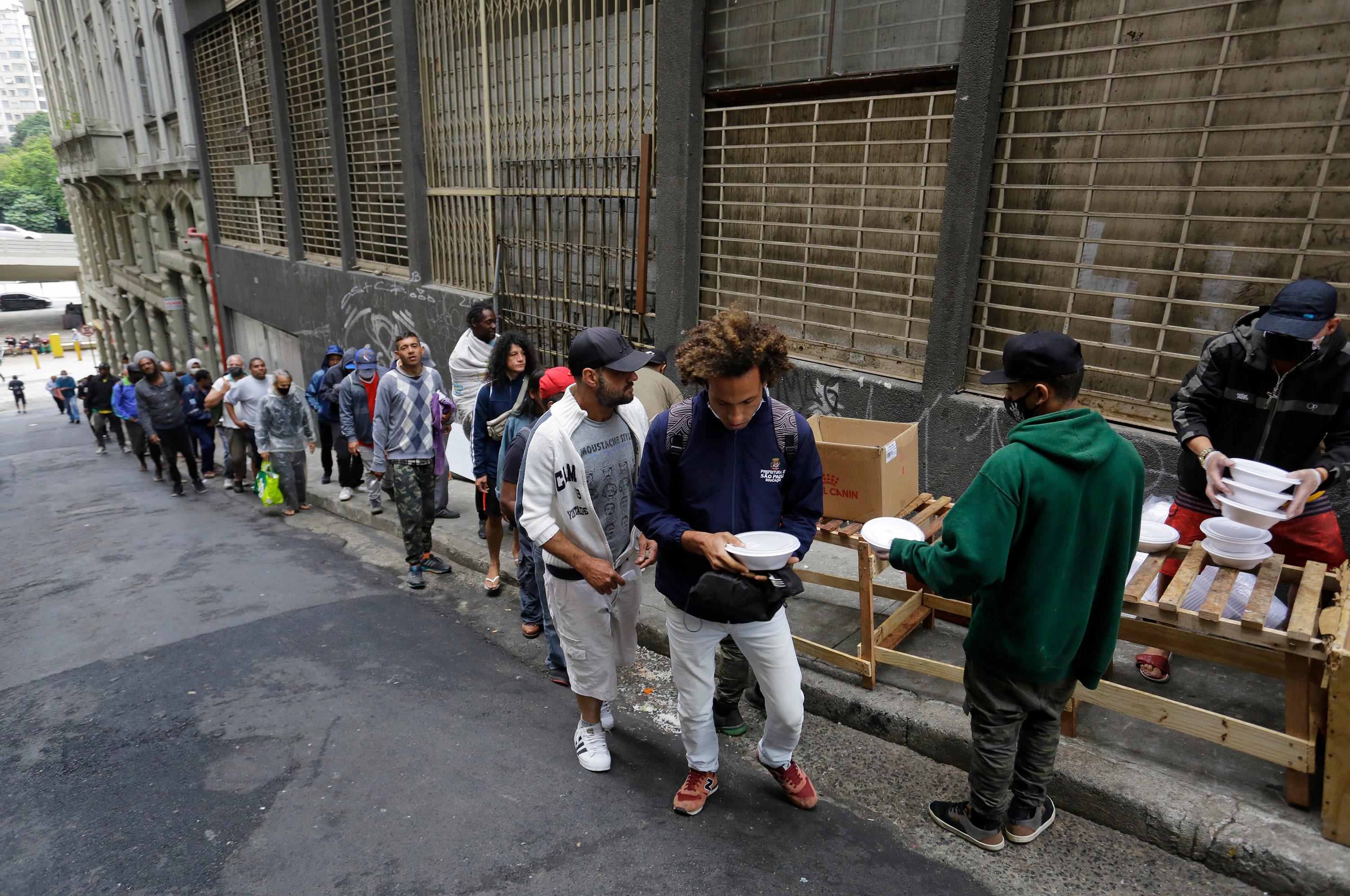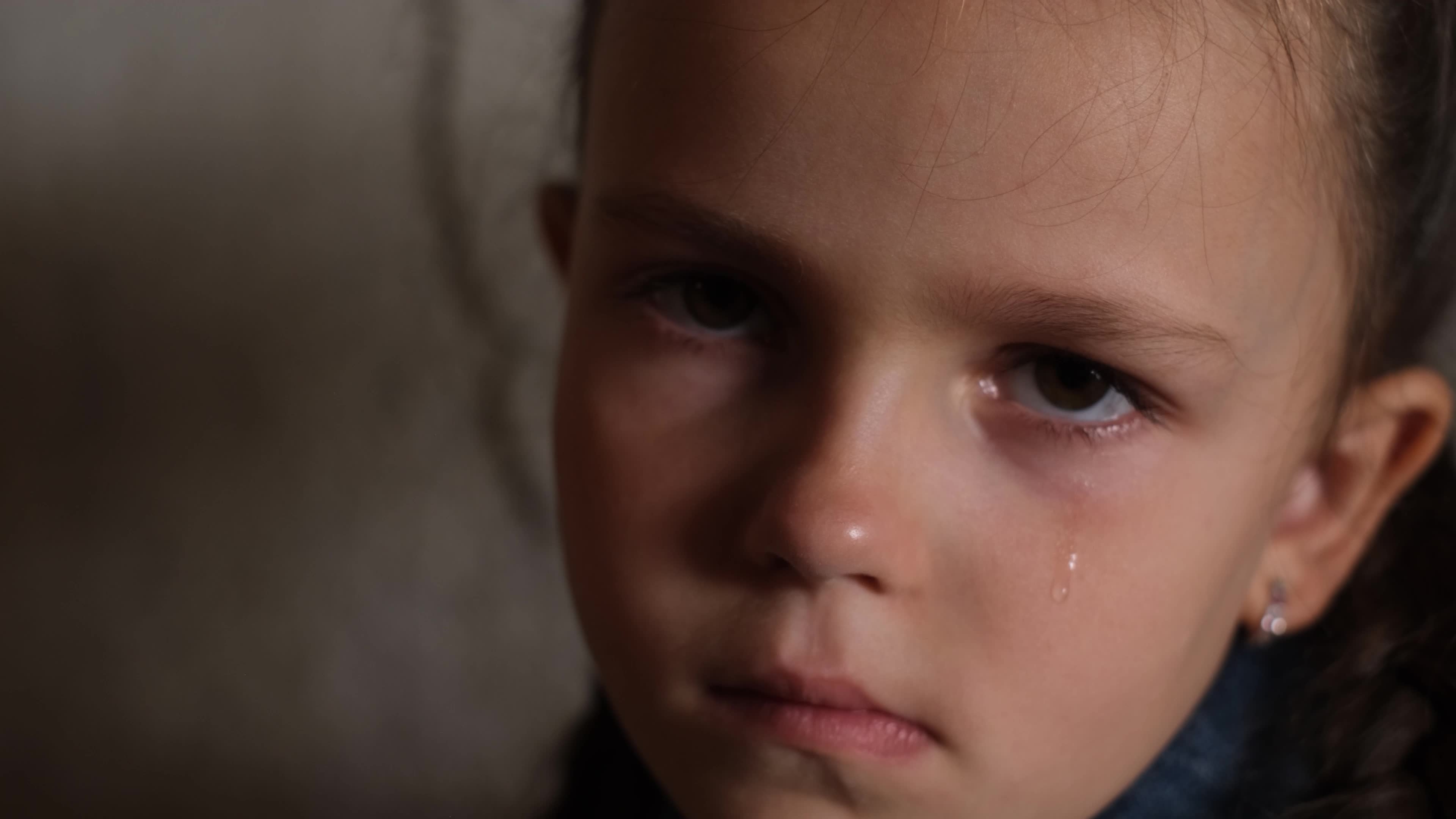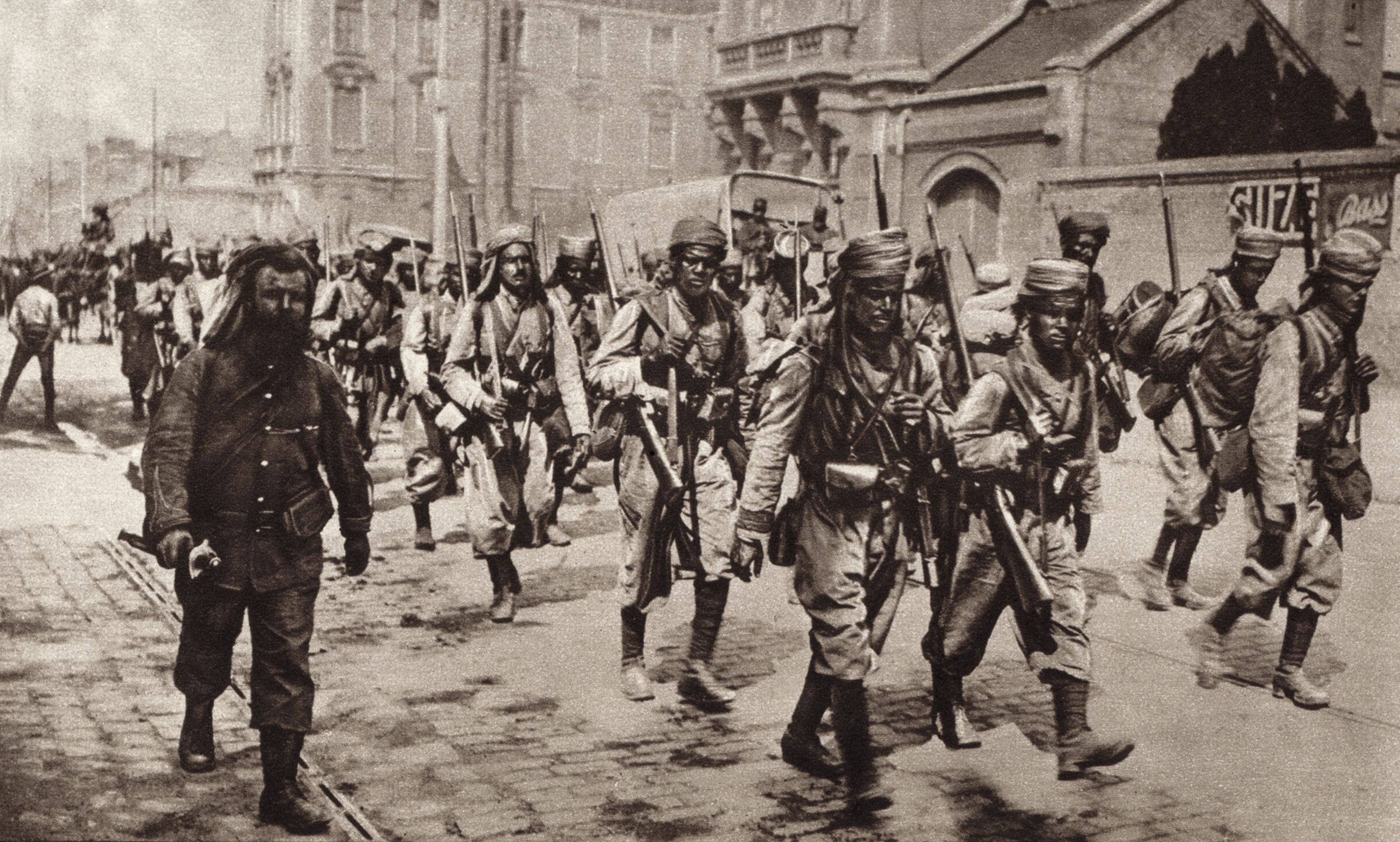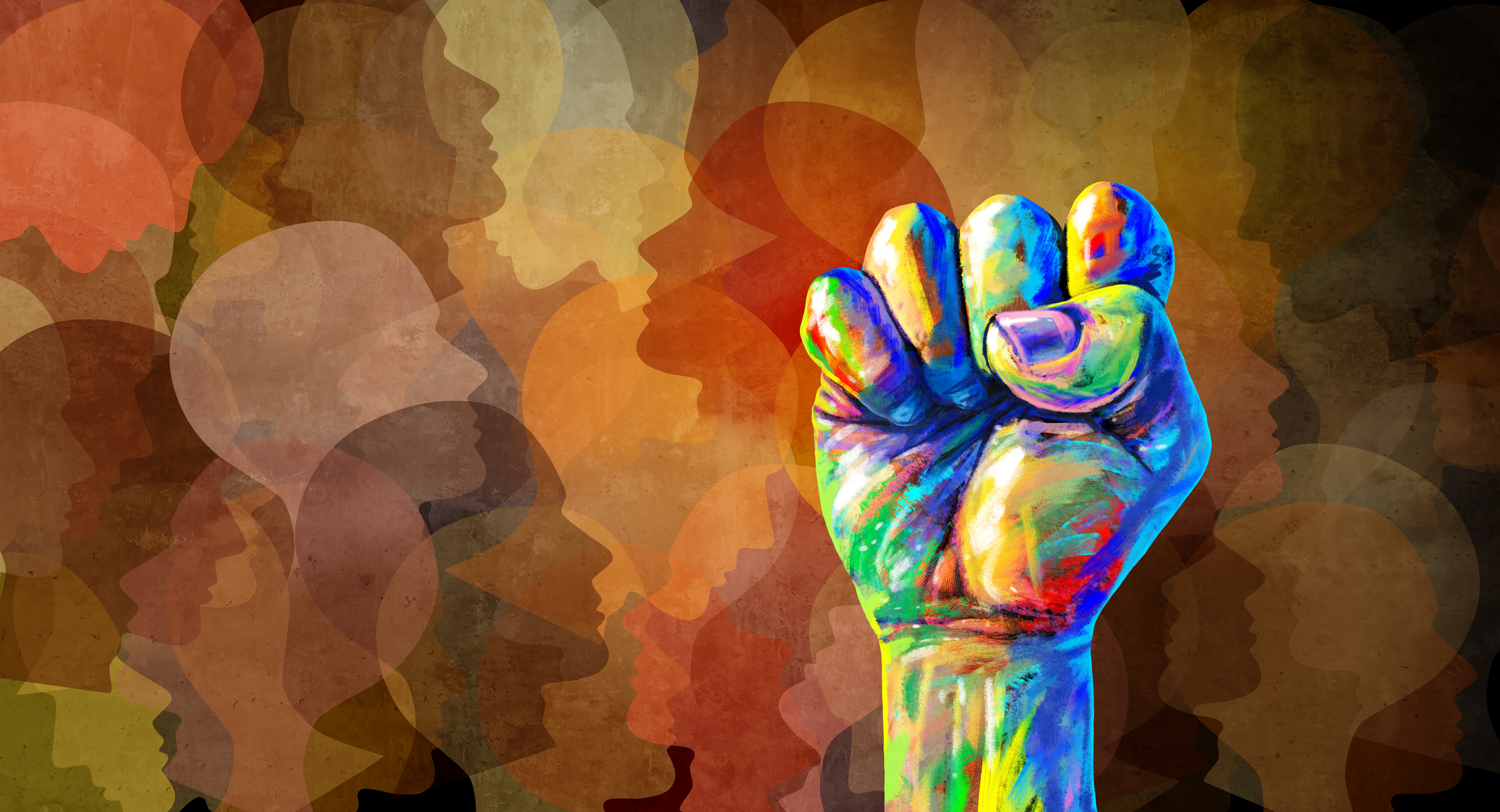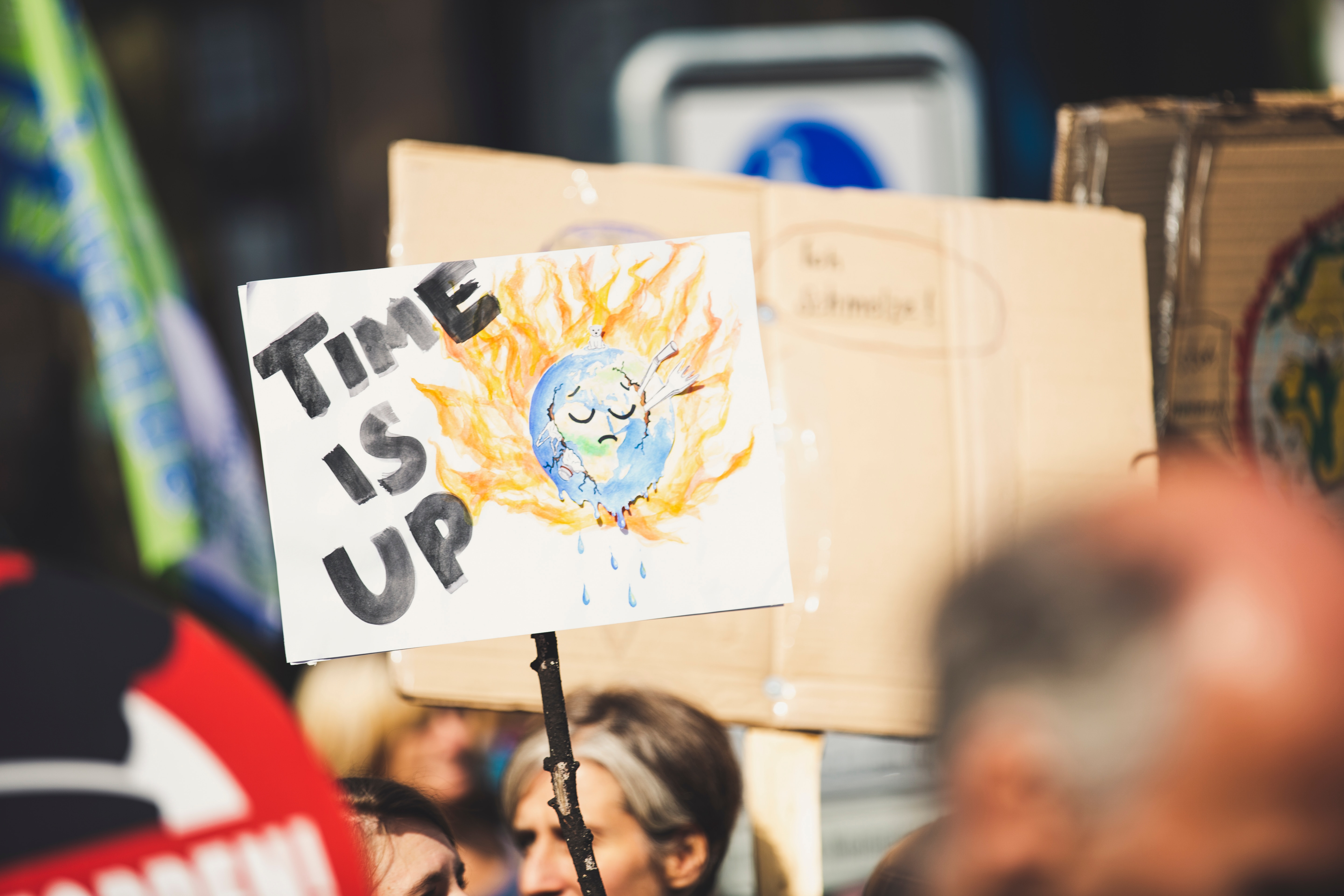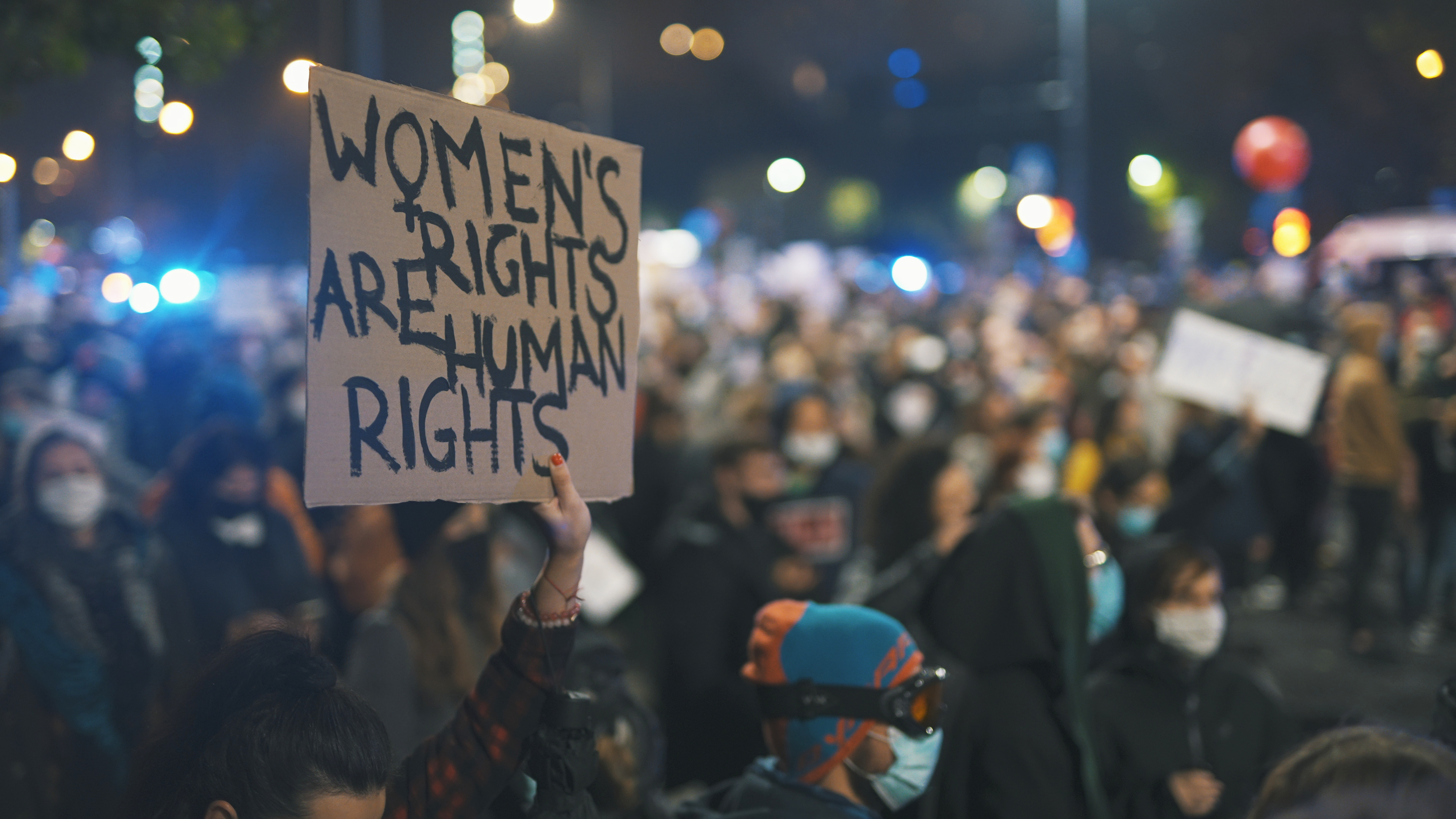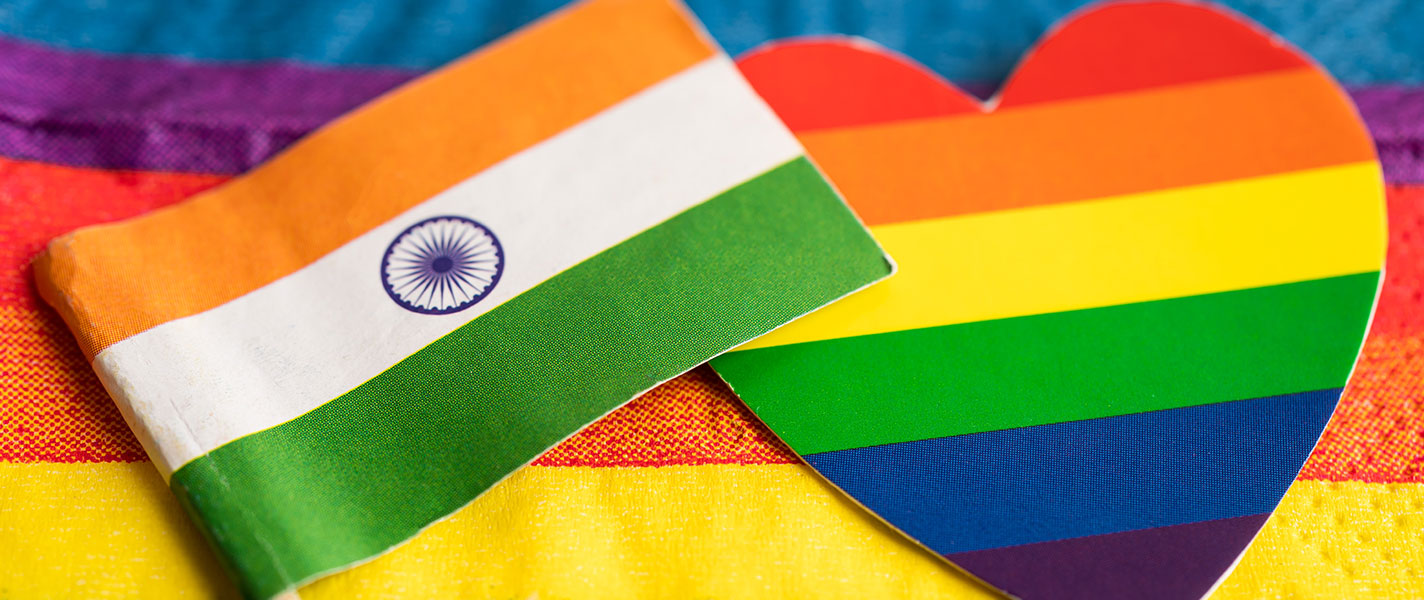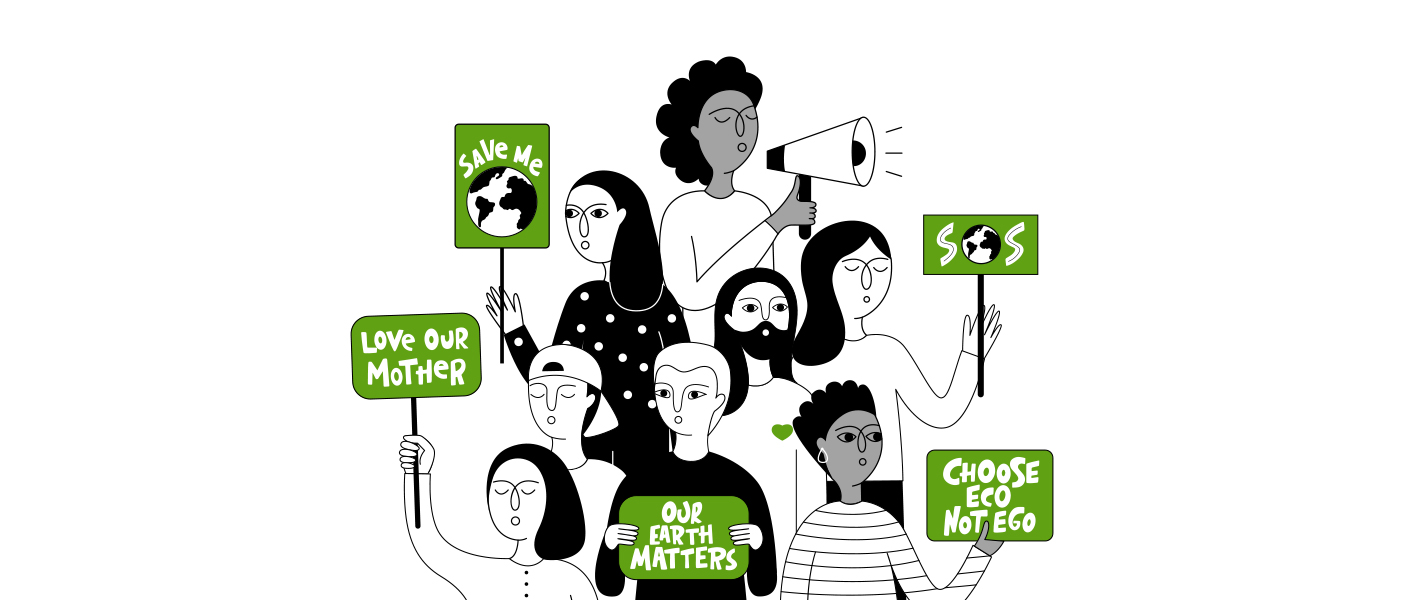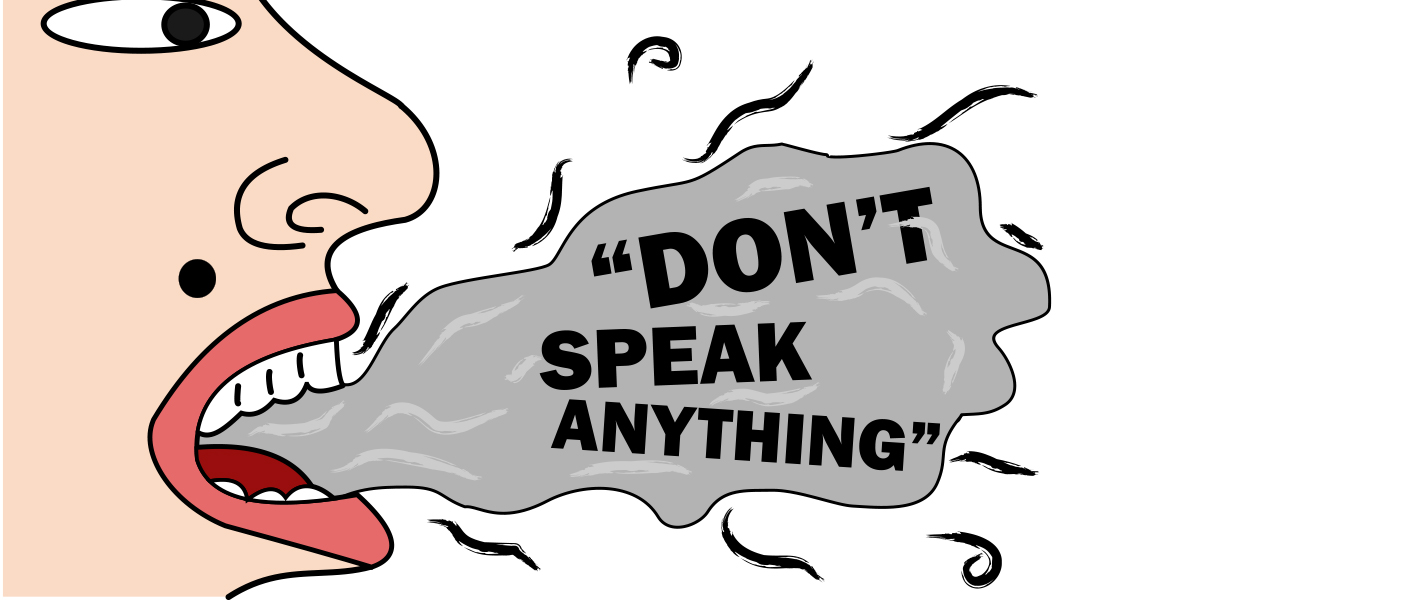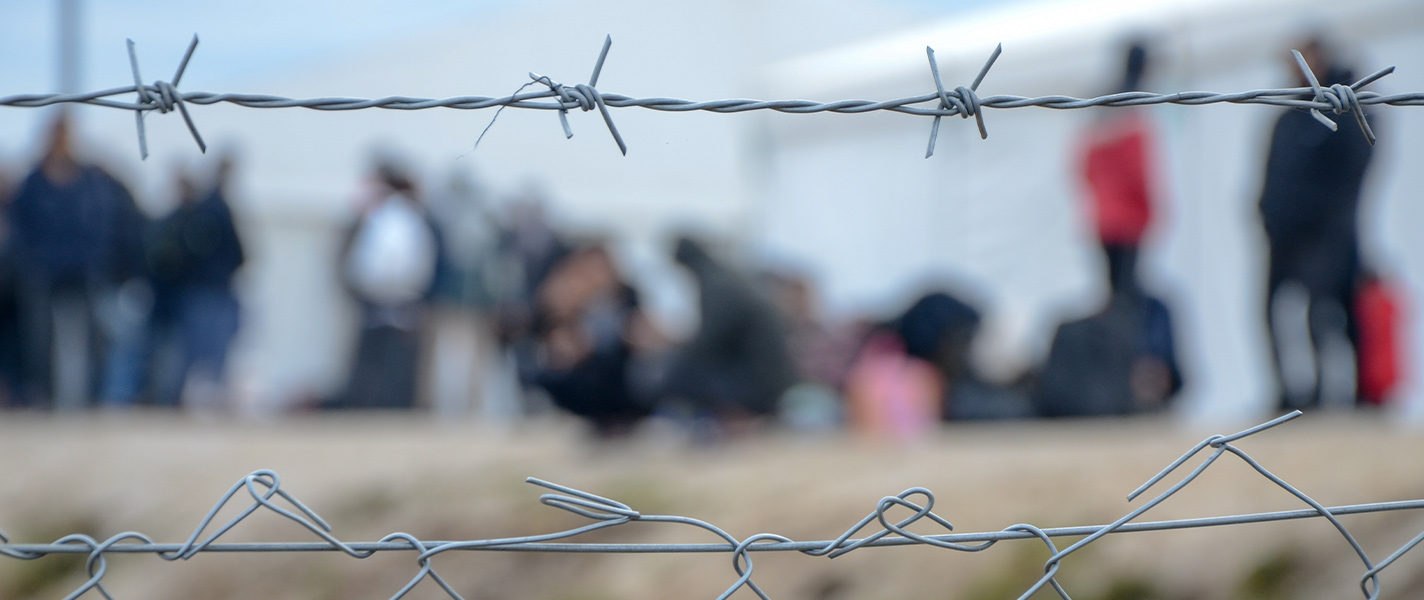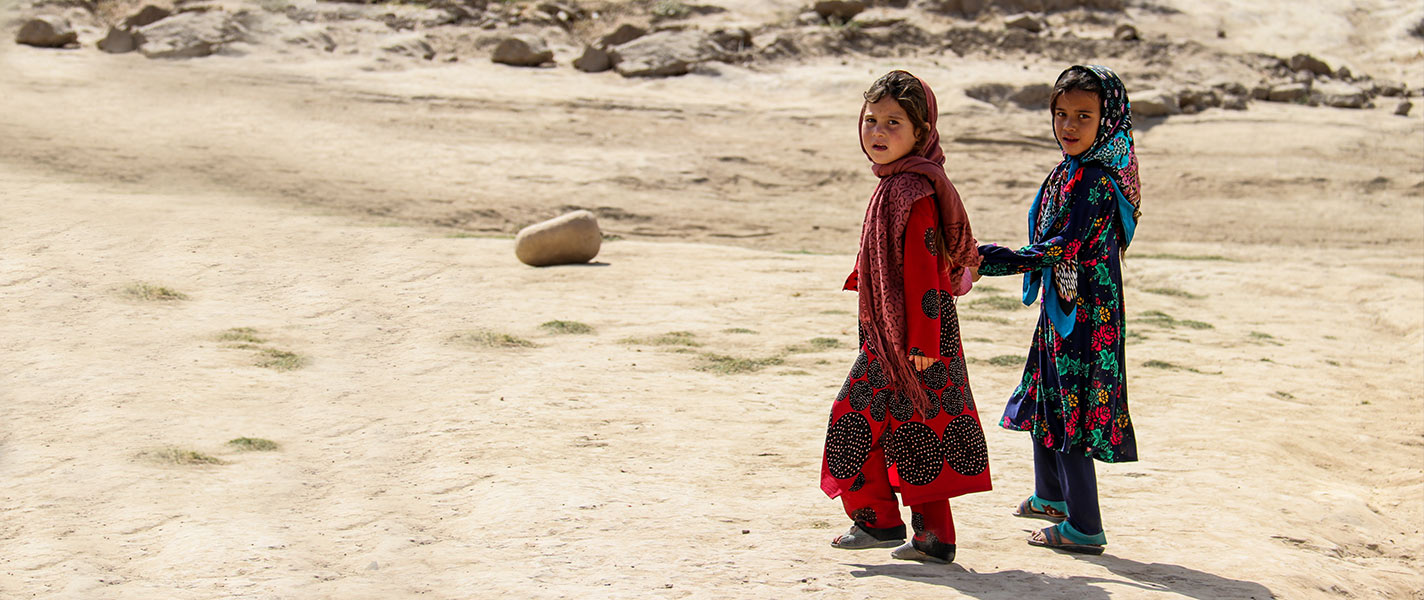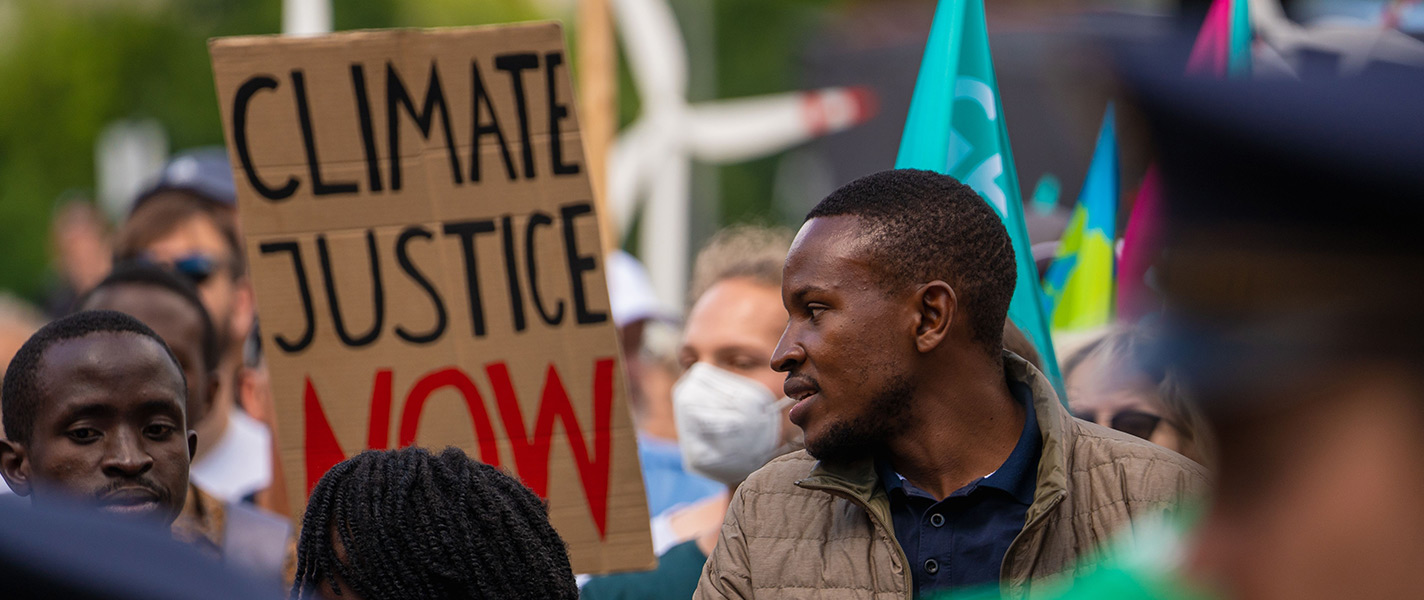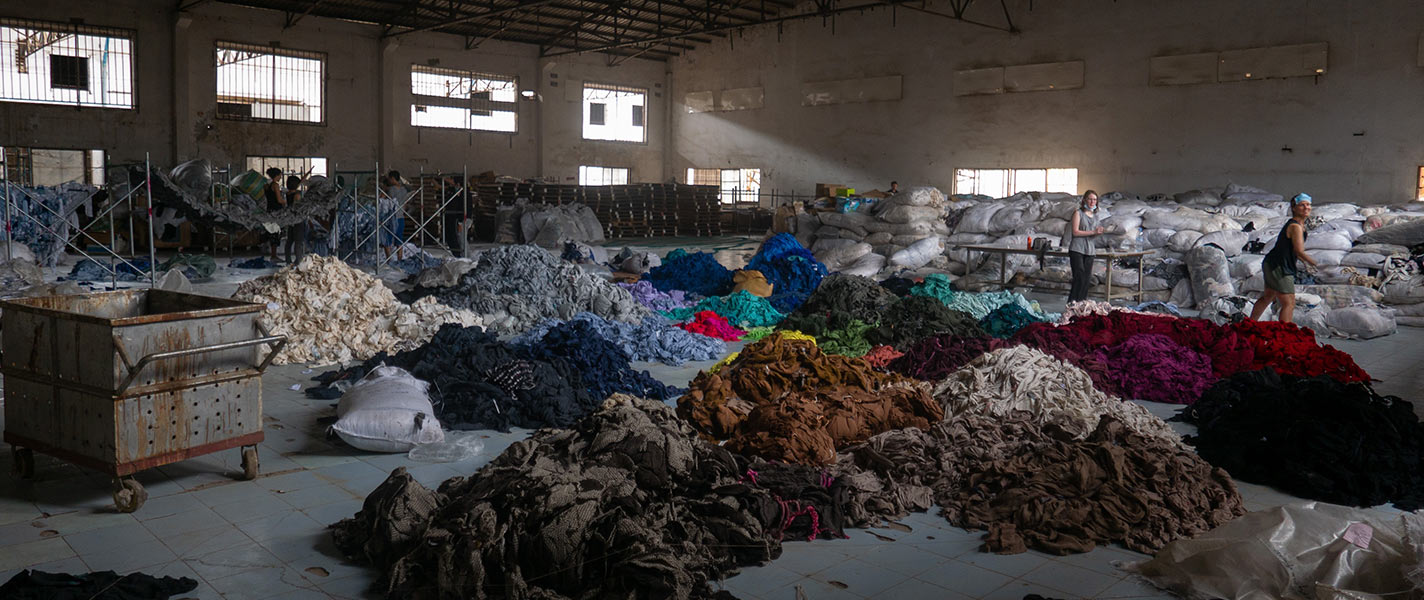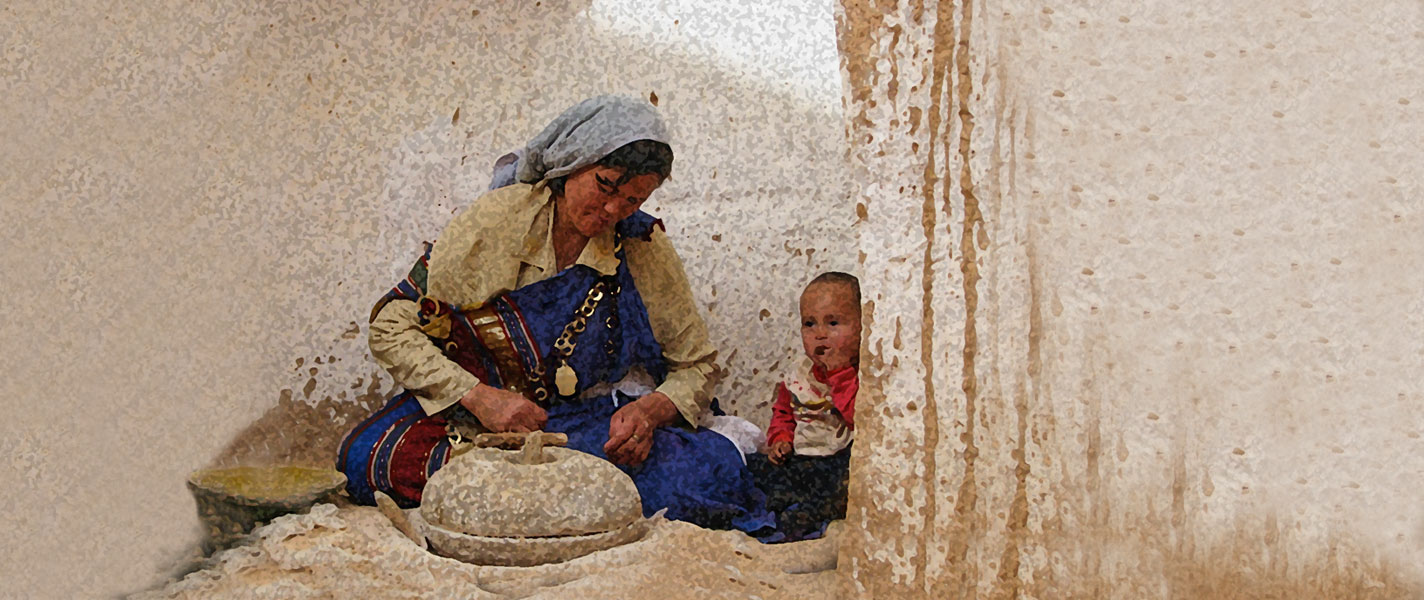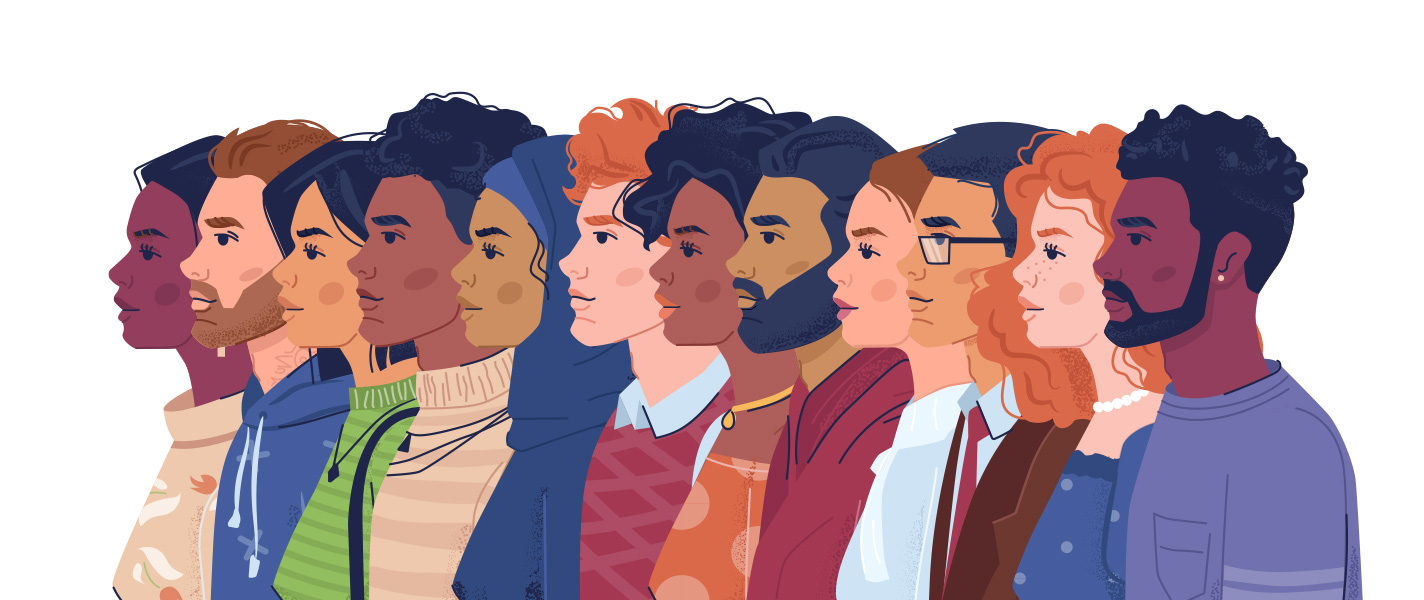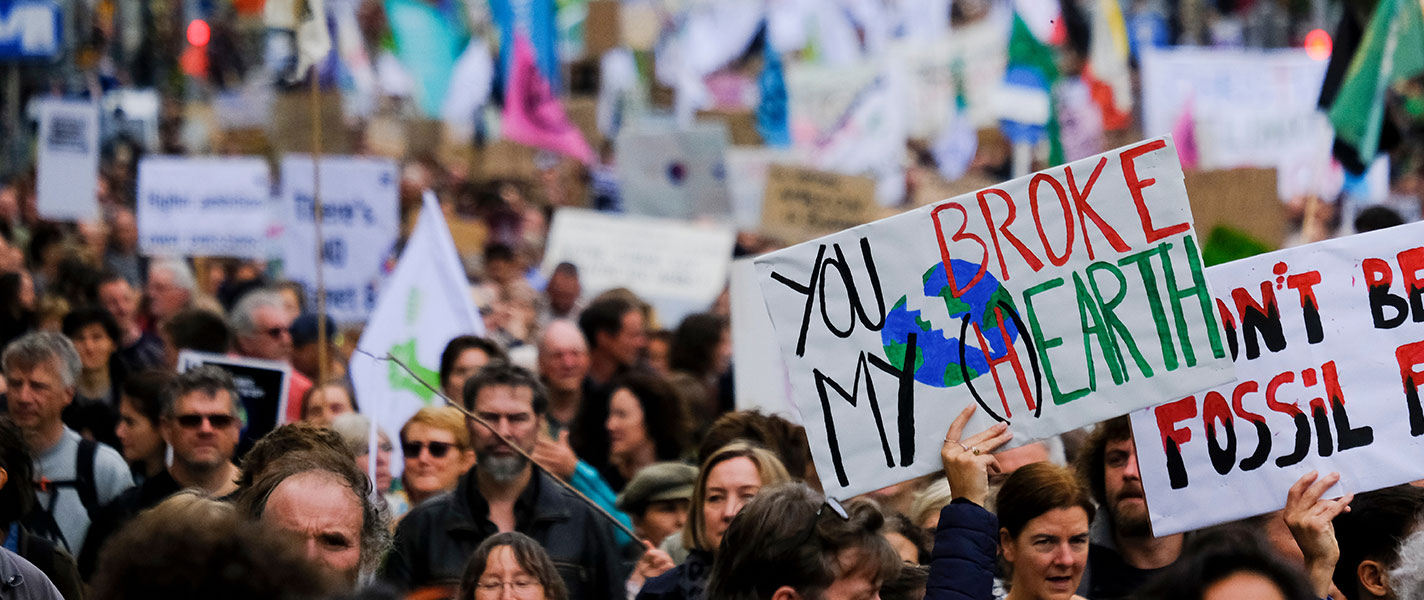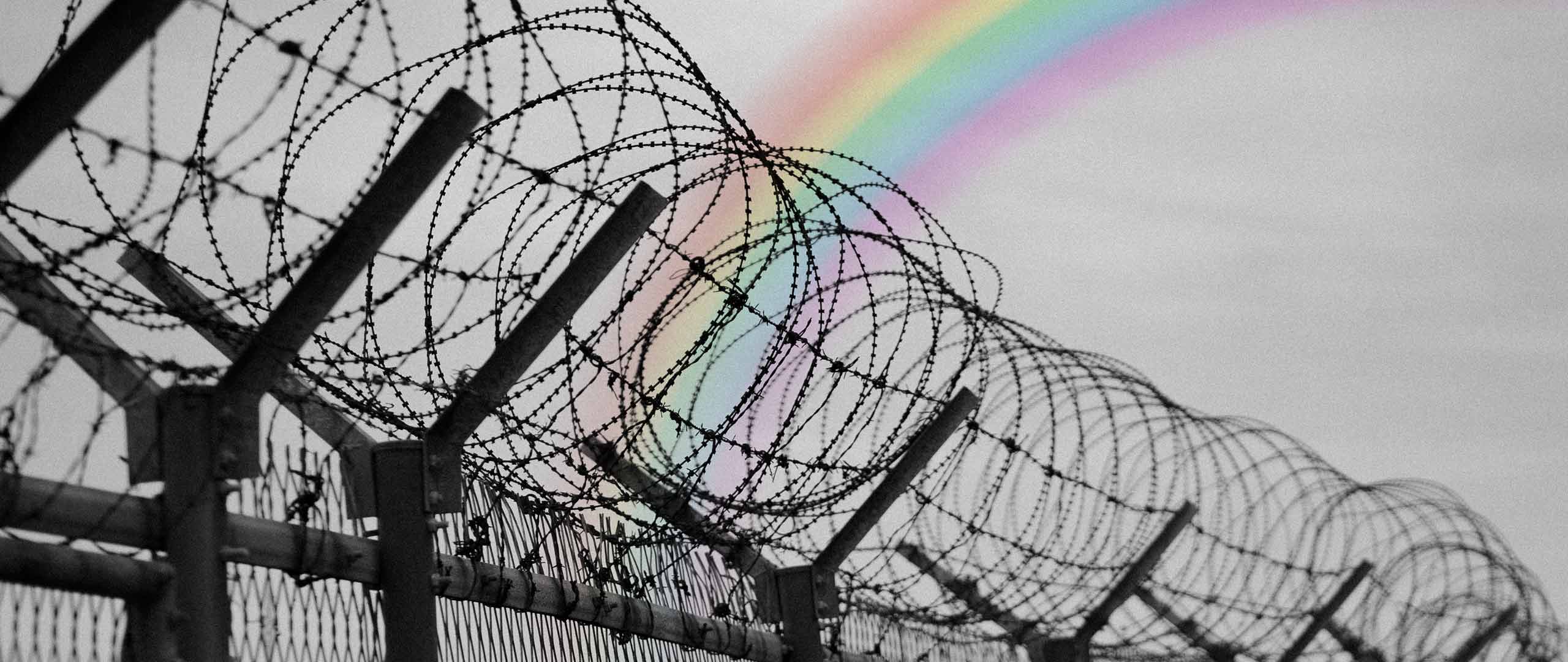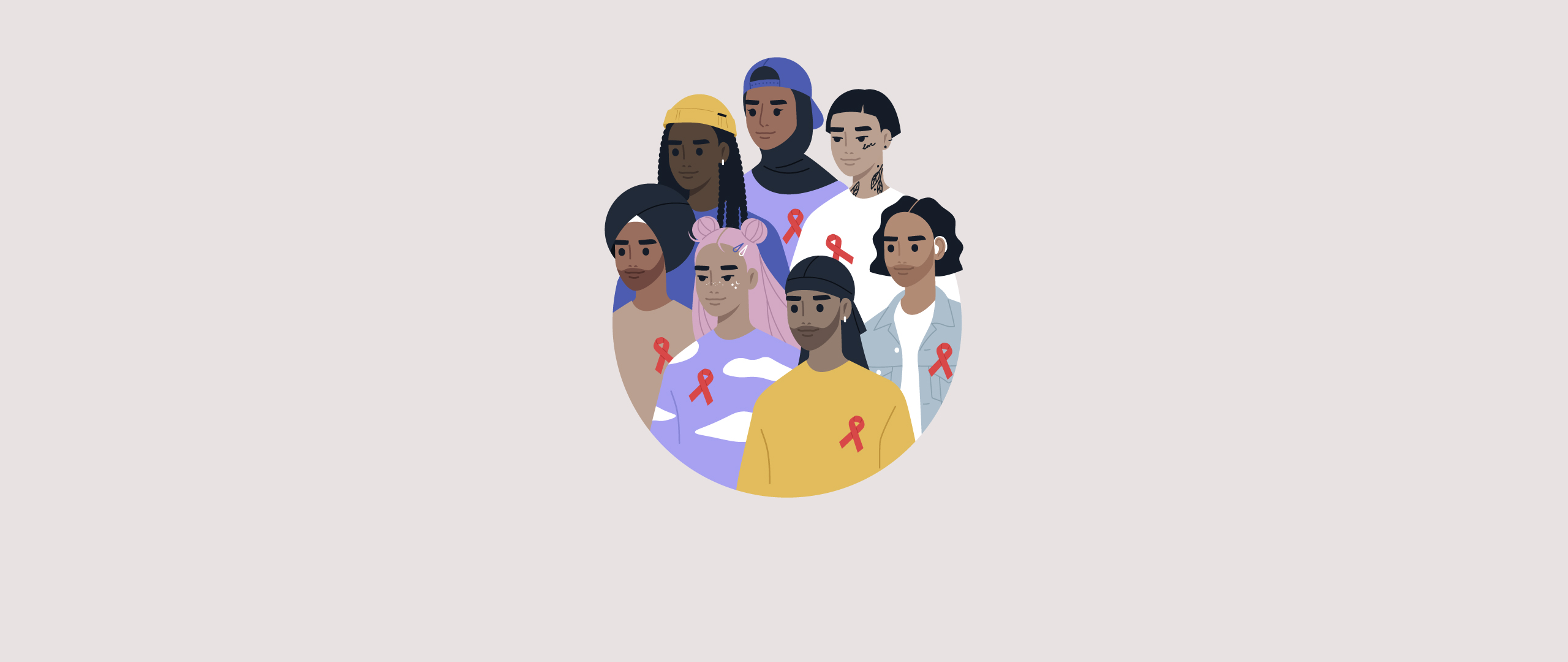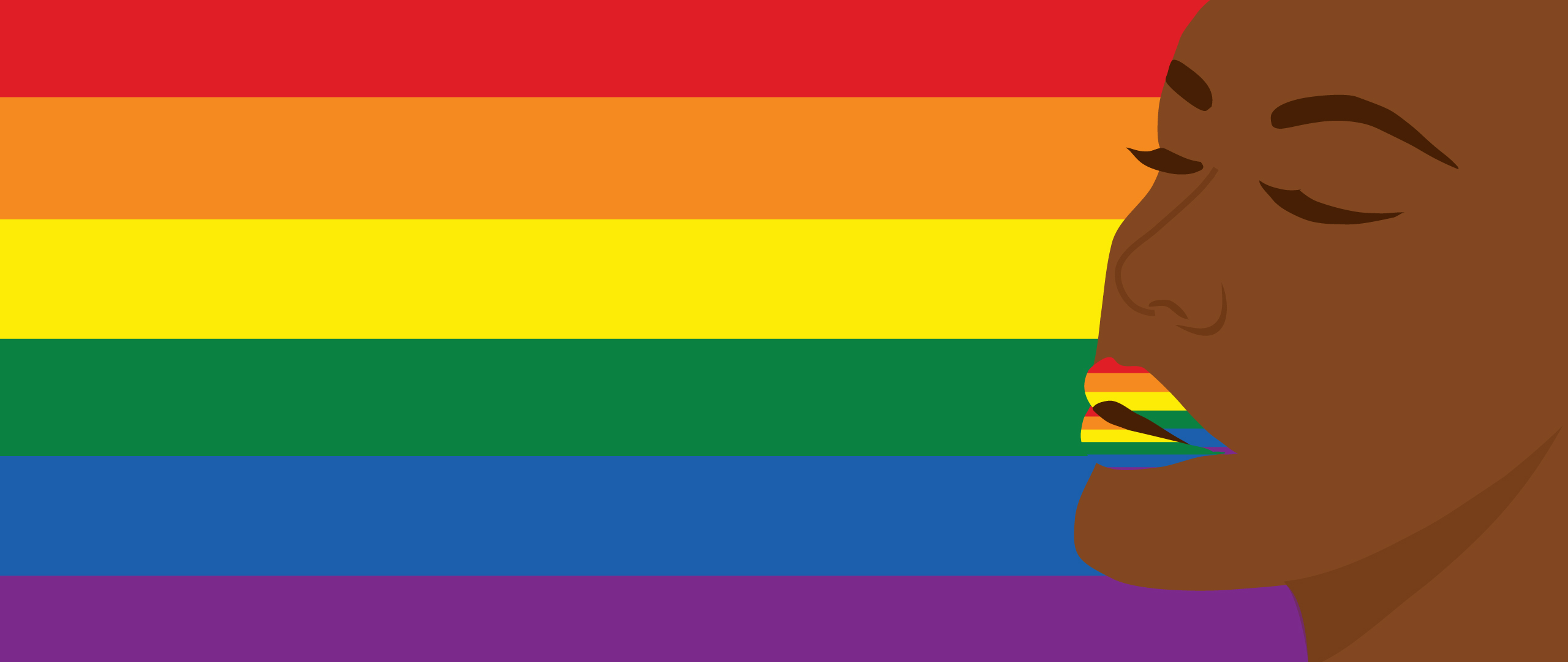Bridging the Divide: Addressing the Challenges and Limitations of International Law in a Globalized World
In the post-World War II era, international law has meticulously crafted a comprehensive framework of mandatory norms dictating the rules and regulations of combat, hostilities, and the oversight of military operations. In essence, belligerents face considerable responsibilities to wage conflict within extremely limited constraints, but civilians have extensive rights to protection from death and suffering.
International law efficiently sets boundaries for (mis)behavior during hostilities and occupations. When a country or group faces plausible accusations of committing war crimes or breaking international law, its credibility and standing suffer significantly. However, it is usually far-fetched to enforce accountability against a guilty state or non-state actor, because it is essentially a political process and there isn't a full international judicial system that operates with the same approaches and norms as domestic courts.
International law functions effectively when all countries are determined and committed to its pillars. The global community needs to respect these principles allowing therefore the international law to deter and provide justice.
Evaluating the Effectiveness of International Law:
We might contend that several circumstances influence the applicability of international law, both directly and indirectly, even though it must be unbiased and equal to all parties involved.
For example, one important factor is power dynamics, which means that the influence of powerful states on the international legal systems can lead to biases and an unequal shift in the balance of powers. Powerful states occasionally have an excessive amount of influence over the formulation and application of international law, which will be detrimental to smaller or weaker states.
Furthermore, it is important to also highlight that the cultural and legal diversity across countries commonly leads to divergent views on what constitutes international justice and fairness, and how international law is interpreted and applied.
Different approaches to addressing war crimes:
As an attempt by the international community to address war crimes and ensure accountability, a variety of international legal instruments have been devised and established. The Rome Statute established the International Criminal Court (ICC) as a core entity with the authority to prosecute individuals for genocide, crimes against humanity, war crimes, and aggression.
Accountability challenges:
While the introduction of international legal frameworks is a big step forward, obstacles to effective accountability remain. One significant difficulty is the selective application of justice, in which powerful states may avoid prosecution owing to geopolitical concerns. The complementarity principle, which gives states the main responsibility for pursuing war crimes, can also be hampered by political will and internal legal constraints.
Complexities in Prosecution:
The prosecution of war crimes involves navigating intricate legal and evidentiary challenges. Obtaining credible evidence in conflict zones, ensuring the safety of witnesses, and addressing issues of jurisdiction can pose serious obstacles. Furthermore, the identification of individual responsibility in the chain of command adds complexity to holding high-ranking officials accountable.
Is international law unbiased and impartial?
Although international law is supposed to be impartial and universal, the real-life examples demonstrate occurrences where bias has dictated the application of international laws, for instance:
Israeli-Palestinian Conflict:
International scrutiny of the Israeli–Palestinian conflict had already existed before the 2004 ICIJ report. However, critics say that the geopolitical influences of the power states as regards the state of Israel have tainted how international law is applied. There has been controversy regarding the bias in resolutions and enforcement actions in international organizations.
Rwandan Genocide Tribunals:
International reactions following the Rwandan genocide and the creation of the ICTR cast doubt on international law’s efficacy and fairness. The skeptical critics said that despite being delayed, justice was not swift, some prosecutions were selective, and there were also allegations of a bias in how the international tribunal handled cases.
War on Terror:
The aftermath of the 9/11 war on terror saw the birth of legal measures like the USA PATRIOT Act and the application of detainment at Guantanamo Bay. Critics point out that the practices employed by strong states represented a selective application of international law. This is due to fear in some countries that they are dominant hence interpreting and enforcing laws
To sum up, The effectiveness of international law in addressing war crimes is intricately tied to the political will of the global community. Without collective resolve to uphold justice, legal mechanisms risk becoming toothless. The support of states and international institutions in enforcing arrest warrants, facilitating investigations, and ensuring the cooperation of all parties is indispensable for the success of accountability measures.
The article represents the views of the blogger and not those of LEED Initiative.
